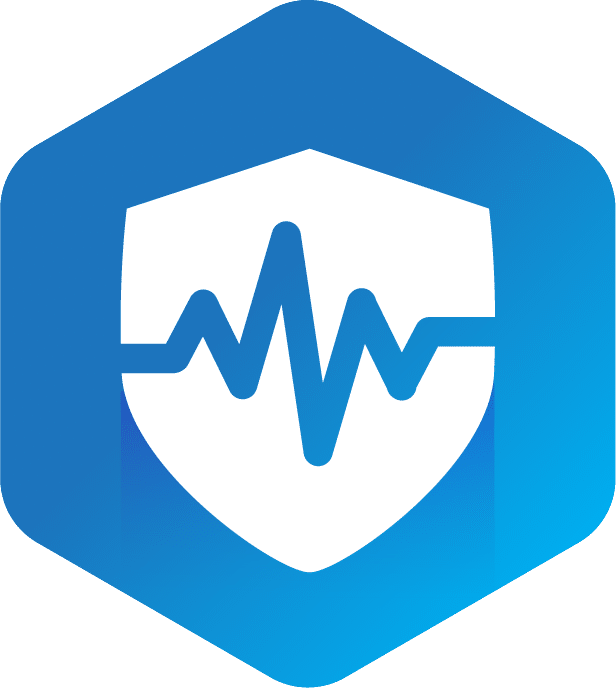Goal: Define what the organization should do to appropriately protect its workstations.
The purpose of this policy is to specify the proper functions to be performed, the manner in which those functions are to be performed and the physical attributes of the surroundings of a specific workstation or class of workstation.

